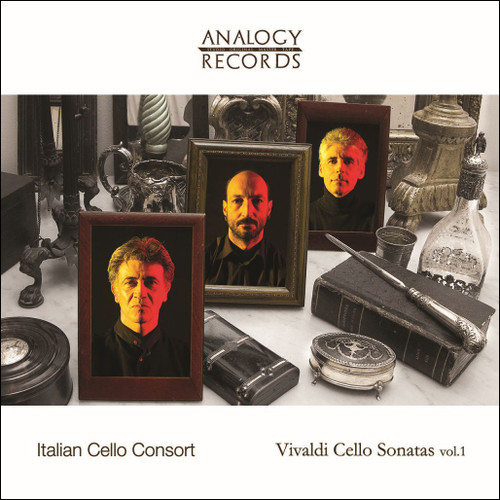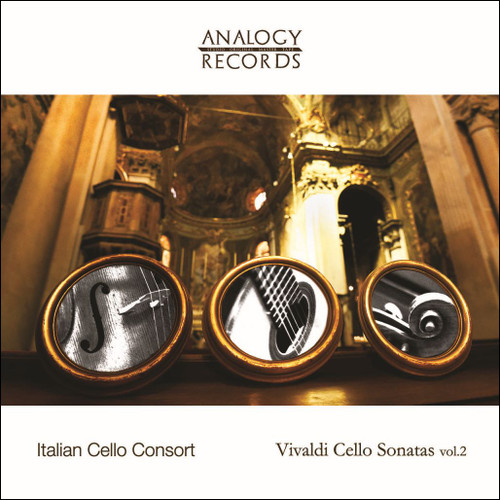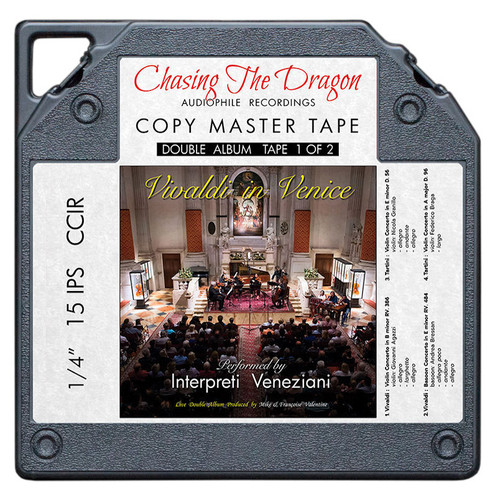Italian Cello Consort plays Antonio Vivaldi Cello Sonatas. Three stunning, world class musicians play the six Sonatas with two cellos and a classic guitar, to deliver a deeper and more intense interpretation of the famous Italian composer.
The six sonatas, composed between 1720 and 1730, were published in Paris in 1740 by Leclerc and Boivin. These sonatas consist of four movements of typical late Baroque sonatas, in the form slow-fast-slow-fast.
Cello sonata was a genre in vogue in the Venetian era; just before Vivaldi, also Benedetto Marcello wrote six sonatas for cello. The present interpretation, suggested by Vivaldi’s extreme expressiveness with writings like “With feeling”, together with the close link with the dance, strictly related to the music of that time, brings to light this harmonic and structural link.
The cello has a keen and clear log that Vivaldi manages to communicate with the low register perfectly, getting unexpected timbral effects and rhythm. It is from that bond that starts the research of an interpretation which is not just an exercise in the style of phrasing, a lazy articulation or a “vintage mannerism”, but rather puts in relation the harmonic structure still alive and current. One example for all,“adagio fugato” of Vivaldi’s Sixth sonata, the third movement in which it is not difficult to imagine a fugue in Bach’s style.
Listen to music samples
1. Italian Cello Consort - Sonata n.1 - 1-Largo | 2. Italian Cello Consort - Sonata n.1 - 2-Allegro | 3. Italian Cello Consort - Sonata n.1 - 3-Largo |
| 4. Italian Cello Consort - Sonata n.1 - 4-Allegro | 5. Italian Cello Consort - Sonata n.2 - 1-Largo | 6. Italian Cello Consort - Sonata n.2 - 2-Allegro |
| 7. Italian Cello Consort - Sonata n.2 - 3-Largo | 8. Italian Cello Consort - Sonata n.2 - 4-Allegro | 9. Italian Cello Consort - Sonata n.3 - 1-Largo |
| 10. Italian Cello Consort - Sonata n.3 - 2-Allegro | 11. Italian Cello Consort - Sonata n.3 - 3-Adagio | 12. Italian Cello Consort - Sonata n.3 - 4-Allegro |














